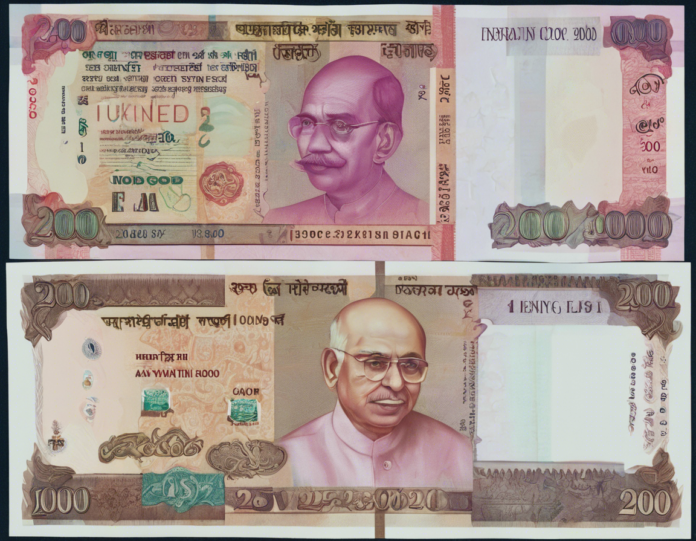The demonetization of high-value currency notes, specifically the Rs 1,000 and Rs 500 denominations, in India in November 2016, had a significant impact on the economy, leading to the introduction of new currency notes including the Rs 2,000 note. This move was aimed at curbing black money, corruption, and counterfeit currency circulation in the country.
Understanding the Rs 2000 Note Exchange Deadline
The Rs 2,000 note was introduced to facilitate transactions and provide liquidity during the demonetization phase. However, there have been speculations and rumors related to the expiry or exchange deadline for this high-denomination note.
Status of Rs 2000 Note
Since its introduction, the Rs 2000 note remains legal tender in India. The Reserve Bank of India (RBI) has not announced any specific deadline for exchanging or depositing these notes. Therefore, individuals holding Rs 2000 notes can continue to use them for transactions and deposit them at banks and financial institutions.
Exchange Process for Rs 2000 Note
If you possess Rs 2000 notes and want to exchange them for any reason, you can visit your nearest bank branch or authorized currency exchange centers. Here are a few key points to keep in mind during the exchange process:
-
Carry a valid identification proof, such as Aadhar card, PAN card, or passport.
-
Banks may have certain limits on the amount of cash that can be exchanged in a day. Be aware of these limits before going to the bank.
-
If you are depositing a significant amount of cash (above a certain threshold), you may be required to provide the source of funds to comply with anti-money laundering regulations.
Frequently Asked Questions (FAQs)
1. Can I still use Rs 2000 notes for transactions?
Yes, the Rs 2000 note is legal tender, and you can continue to use it for transactions.
2. Is there a deadline to exchange Rs 2000 notes?
As of now, there is no deadline announced by the RBI for exchanging Rs 2000 notes.
3. Can I deposit Rs 2000 notes in my bank account?
Yes, you can deposit Rs 2000 notes in your bank account without any specific deadline.
4. Are there any limits on exchanging Rs 2000 notes?
Banks may have daily exchange limits, so it’s advisable to check with your bank before visiting.
5. Can I exchange Rs 2000 notes at any bank branch?
Yes, you can exchange Rs 2000 notes at any bank branch or authorized currency exchange center.
6. Will the Rs 2000 note be demonetized in the future?
The RBI has not made any announcements regarding demonetization of the Rs 2000 note.
7. What should I do if I find a damaged Rs 2000 note?
You can exchange damaged Rs 2000 notes at your bank, provided that the essential security features are still intact.
8. Can NRIs exchange Rs 2000 notes?
Non-Resident Indians (NRIs) can exchange Rs 2000 notes by visiting authorized currency exchange points in India.
9. Is there a limit on the amount of Rs 2000 notes I can hold?
There is no specific limit on the amount of Rs 2000 notes one can hold, but for larger sums, proper documentation may be required.
10. Are there any penalties for holding Rs 2000 notes after a potential future deadline?
If the RBI decides to demonetize the Rs 2000 note in the future, it would announce guidelines regarding the exchange or deposit of these notes.
In conclusion, the Rs 2000 note continues to be a valid form of currency in India, and individuals holding these notes can utilize them for transactions or deposit them in their bank accounts without any immediate concerns regarding an exchange deadline. Stay informed about any updates or announcements from the RBI to ensure a smooth exchange process in the future.





